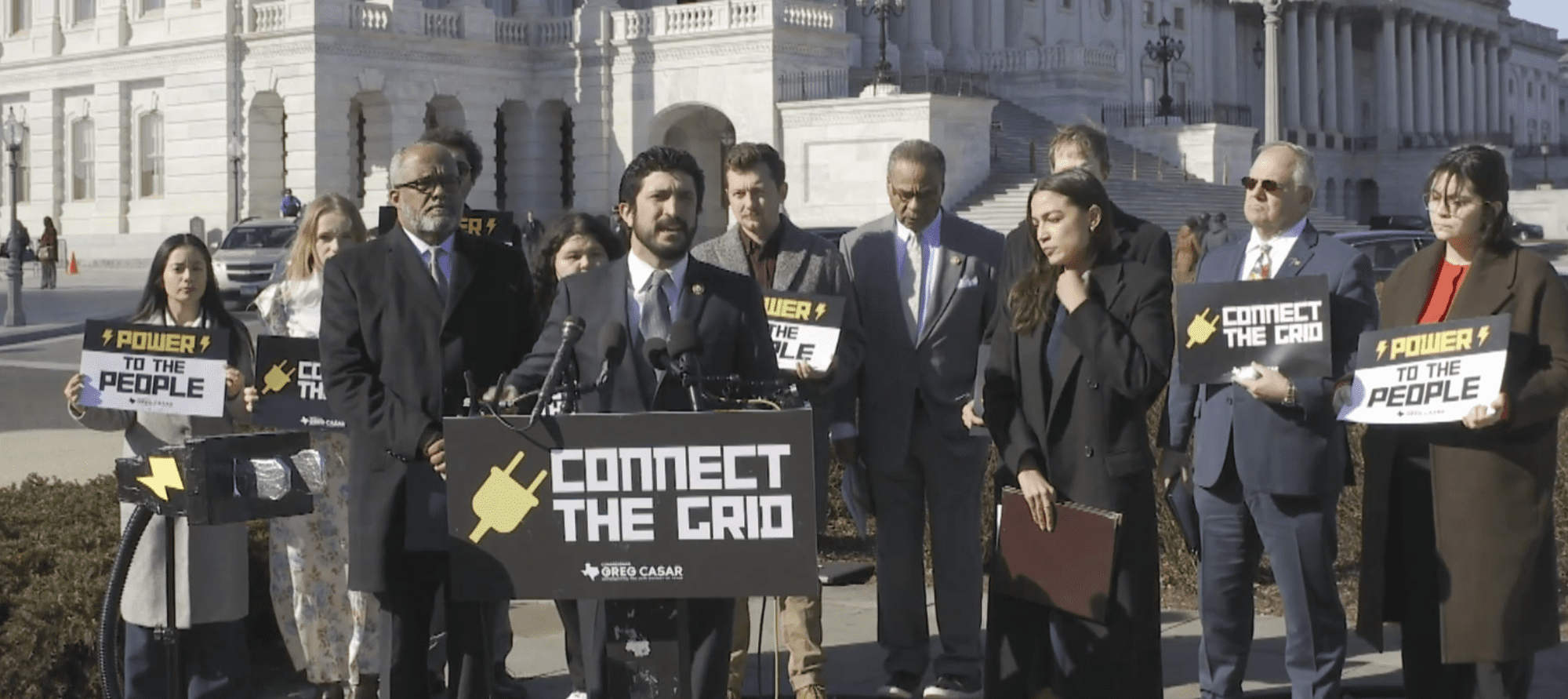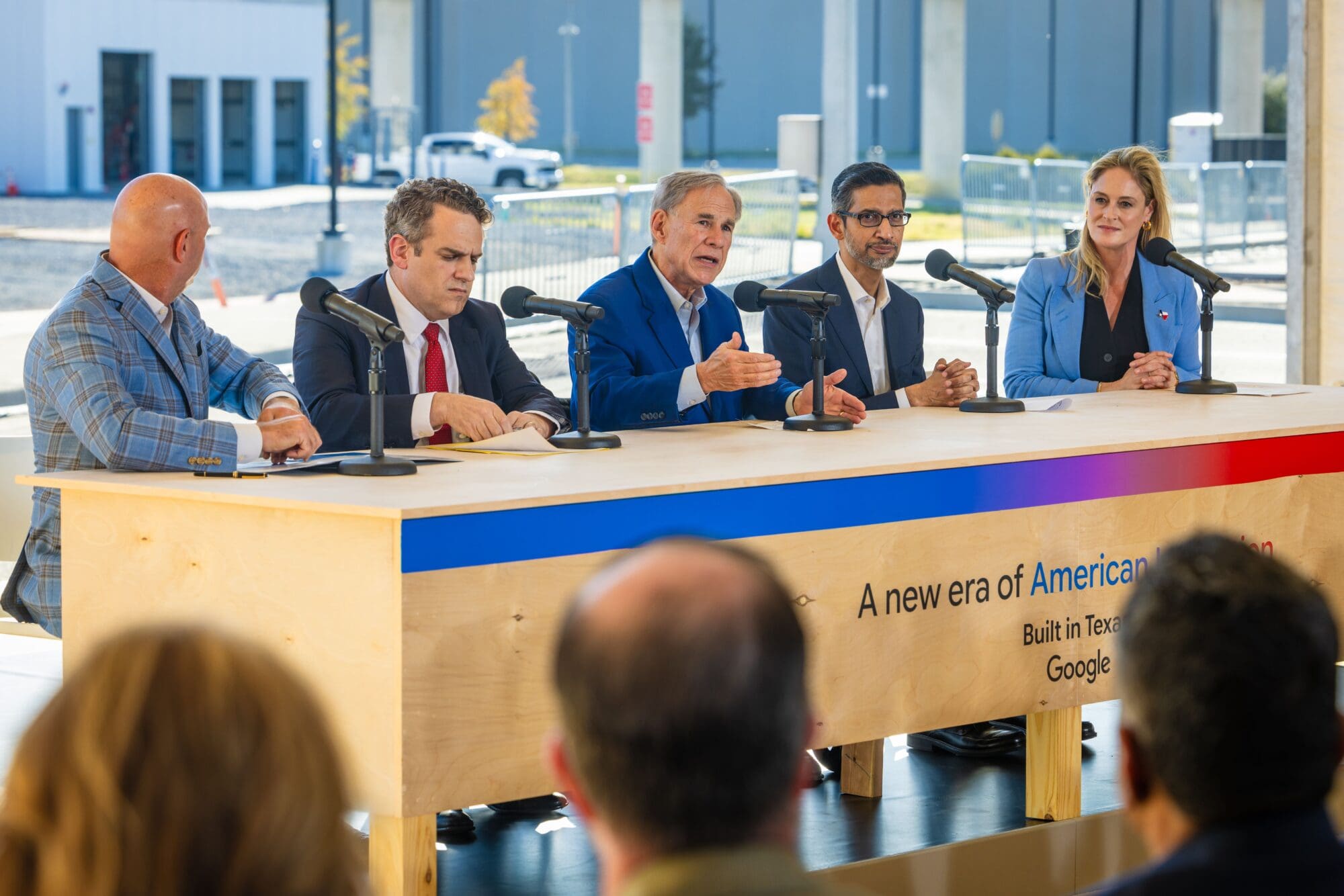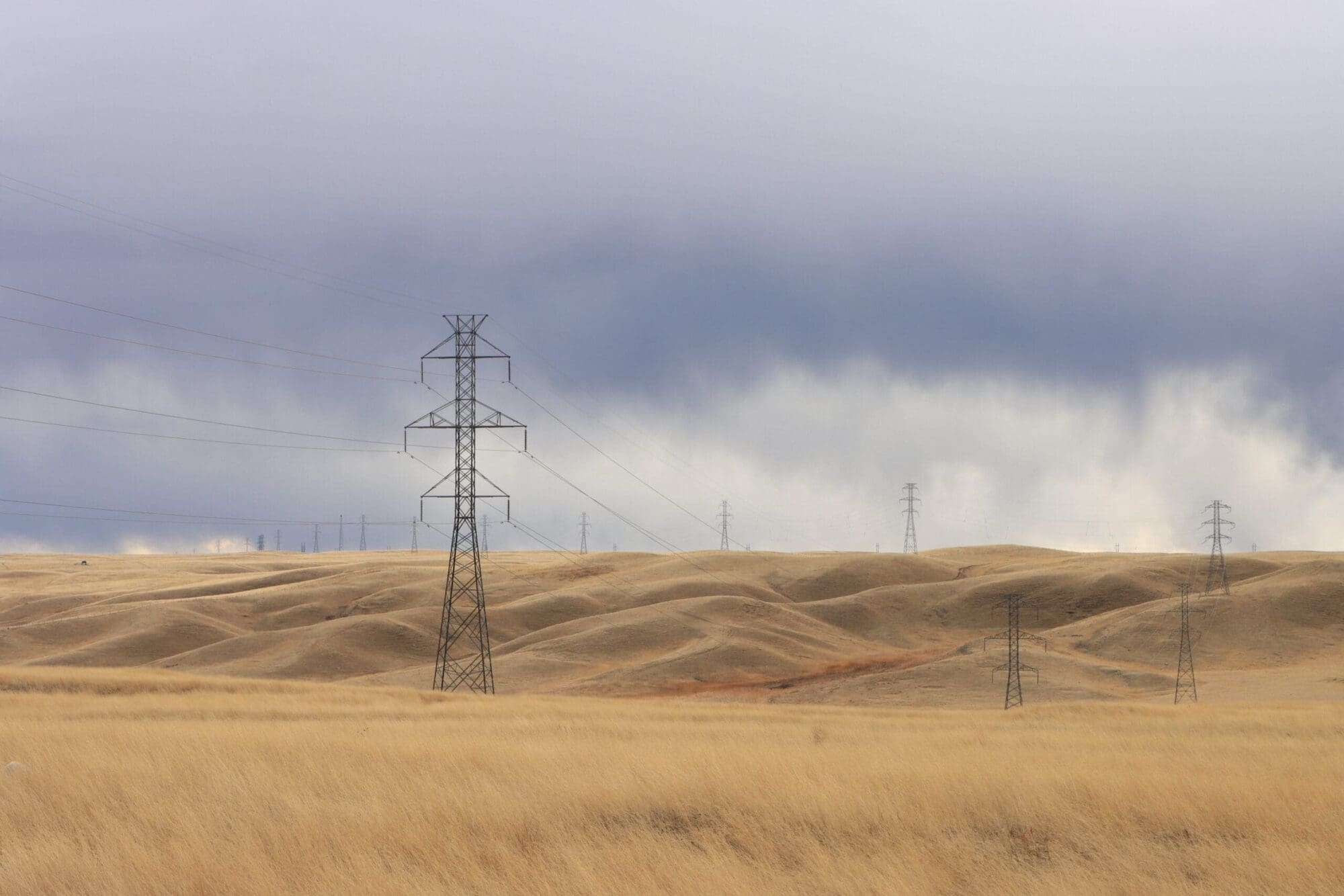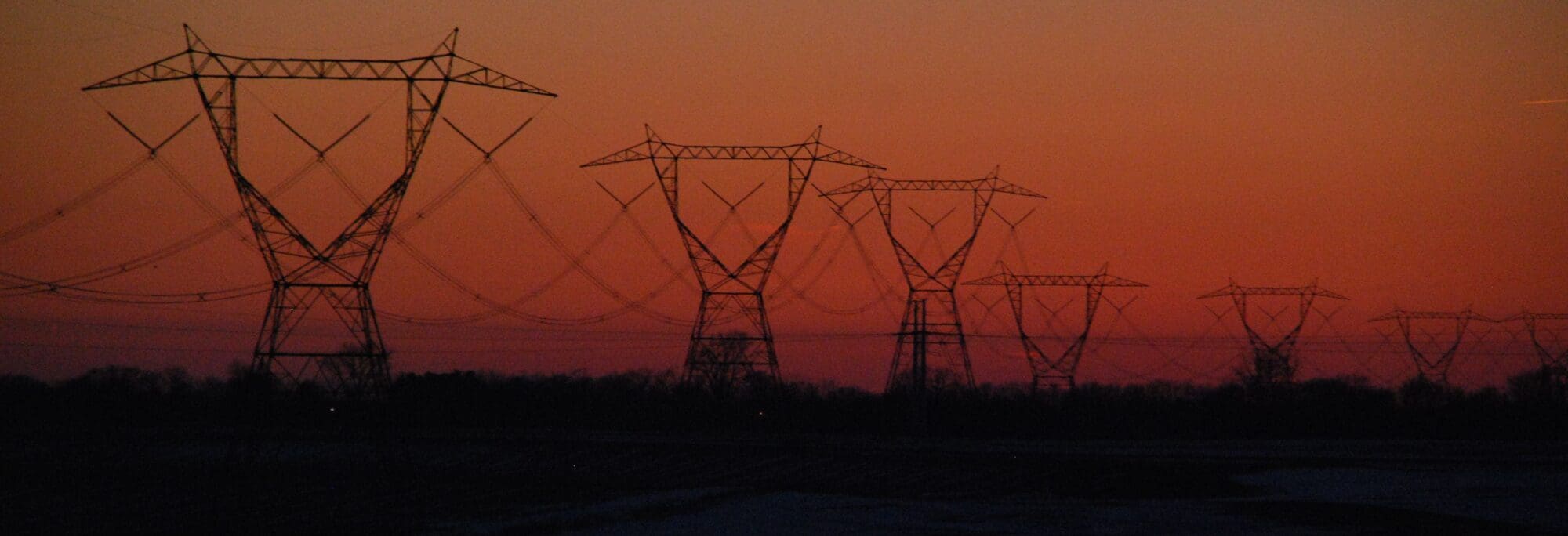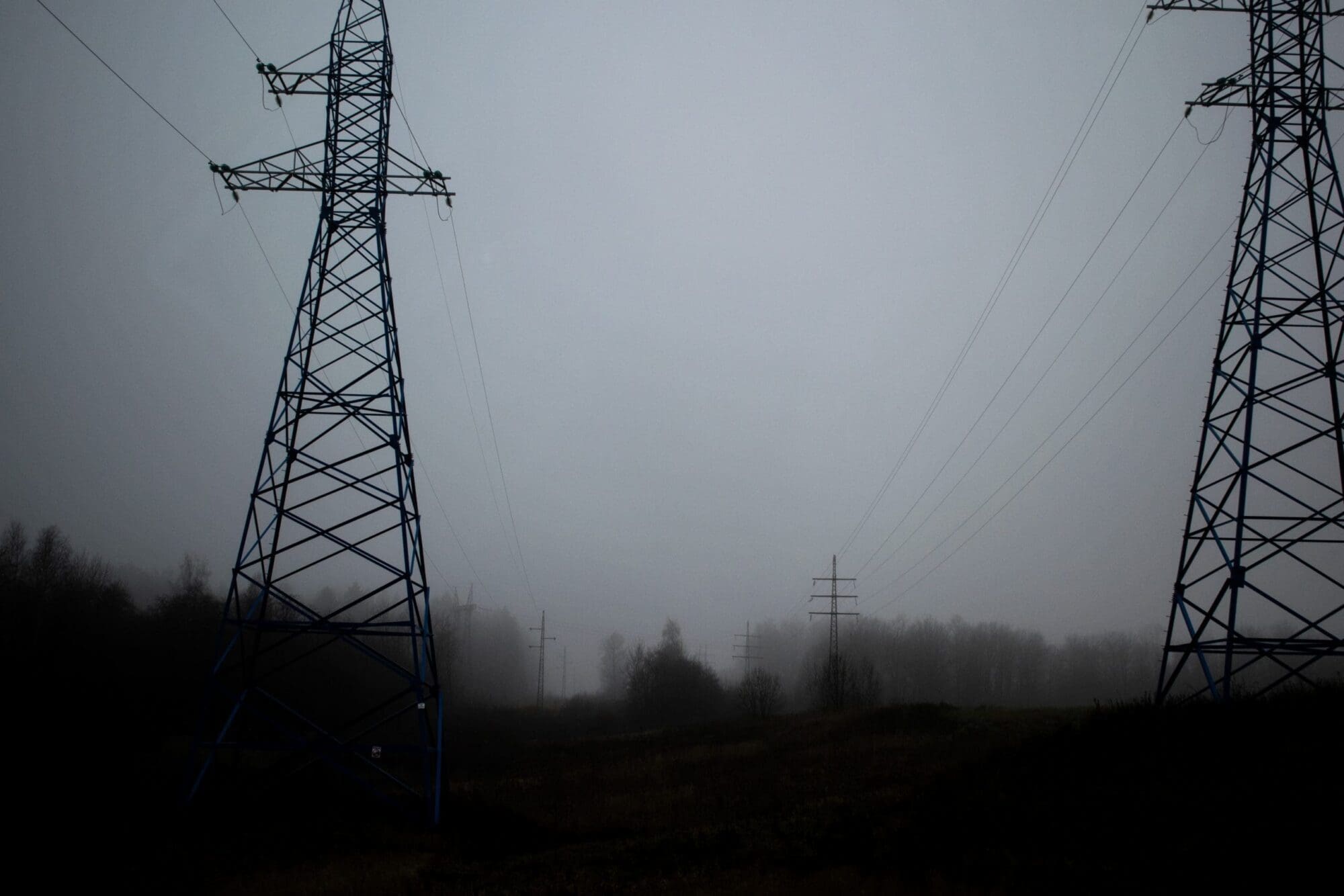Democrat U.S. Rep. Greg Casar of Austin is proposing a measure that would require Texas to connect its electric grid to the national network.
Currently much of the state is on its own power grid separate from the rest of the country. Casar and U.S. Rep. Alexandria Ocasio-Cortez (D-NY) are proposing the “Connect the Grid Act,” which would link Texas to the nation’s major electric grids. According to Casar, this would assist in “increasing reliability, saving money, and helping us fight the climate crisis!”
However, Texas energy experts disagree.
Bill Peacock, Director of Public Policy for the Energy Alliance, told Texas Scorecard, “Connecting with the U.S. grid will exacerbate rather than solve Texas’ reliability problems. This is because the primary source of our reliability problems is renewable energy, and the federal grid is experiencing the same problems with renewables as Texas is.”
“Connecting ERCOT would also give the federal government more power to push renewables onto the Texas grid,” added Peacock. “Though I admit Texas seems to be doing far too well with that on its own without the feds’ help.”
The Electric Reliability Council of Texas (ERCOT) oversees the state’s power grid and came under fire following winter storm Uri in 2021, which left many Texans in the dark as unreliable renewable energy sources like wind and solar failed.
Since then, ERCOT has issued several energy conservation appeals, further spooking Texans as to the reliability of the grid, although major weather events in the past year caused no loss of power due to grid instability.
Life:Powered Policy Director for the Texas Public Policy Foundation Brent Bennett told Texas Scorecard that the issue with connections between the Texas grid and others is also an economic one.
These efforts to connect Texas haven’t gone anywhere in the past. I don’t see them getting very far in the future simply because of the economics. It’s just too hard to build those long distance transmission lines and make money off of them.
“Economically speaking, it’s just cheaper to build power plants close to where your demand is,” added Bennett. “Other states that are smaller, generally have had more of an incentive to connect with each other because they don’t have economies of scale that Texas does. It’s cheaper for us to build our own power plants than it is for us to try and link up with other states.”
He explained that the push for federal legislation of this sort typically comes from the wind and solar energy lobby.
Due to wind and solar potential in Texas and current lack of transmission capacity to export it to other markets, the wind and solar lobby wants these transmission lines built so they have a way to export excess energy from Texas and make more money selling it to other states that have less wind and solar resources.
However, he also highlighted that transmission lines take ages to build. One transmission line called the Southern Spirit would run from Texas to Louisiana to Mississippi. It received federal approval in 2014 but isn’t expected to be complete until 2029. Additionally, the line is only expected to be able to transfer about 3 gigawatts, or about 4 percent of peak demand in ERCOT.
“The one attempt to build a new connection to other states has floundered for 10 plus years and it’s still going to take another five even if they start now,” Bennett said.
“It’s kind of absurd, I think. AOC, and everyone who’s pushing for this, is just kind of ignoring the history and thinking, ‘Well, somehow it’s different now.’ And it’s not,” added Bennett. “They’ll tout the reliability benefits, but that’s really pretty limited.”
Bennett explained that during Uri, there was very little extra power to give from the Southwest Power Pool. “And part of the reason that they were so short was they couldn’t get enough gas from us. Our gas exports out of Texas and Oklahoma and other places were limited. So they didn’t have enough power to give to us either. It wouldn’t have made a lick of difference if we had had transmission lines during winter storm Uri because no one else had power to give.”
He said one would have to connect all the way across the continent to avoid rolling outages during extreme weather events when these storms sweep down the middle of the country.
ERCOT CEO Pablo Vegas already rejected the idea of connecting Texas’ grid with the national grid last fall.
“Texas gets a lot of benefit for having an independent electric grid from the rest of the United States,” said Vegas. “We are able to make decisions on how to operate this grid very quickly.
“We don’t have to look up to the federal government and get their approval when we want to make changes … one of the key benefits we get is we can make decisions on operating our grid in order to meet Texas’ needs very quickly, and that’s something that could potentially be lost if we were under the jurisdiction of the federal government,” he added.
An ERCOT spokesman told KXAN that while they would not be commenting specifically on the proposed legislation by Casar, “Any proposal to interconnect ERCOT to other regions raises potentially significant economic and reliability considerations that the Public Utility Commission of Texas is best situated to evaluate in its role as the state agency responsible for overseeing the design of the ERCOT market and the development of the ERCOT grid.”
